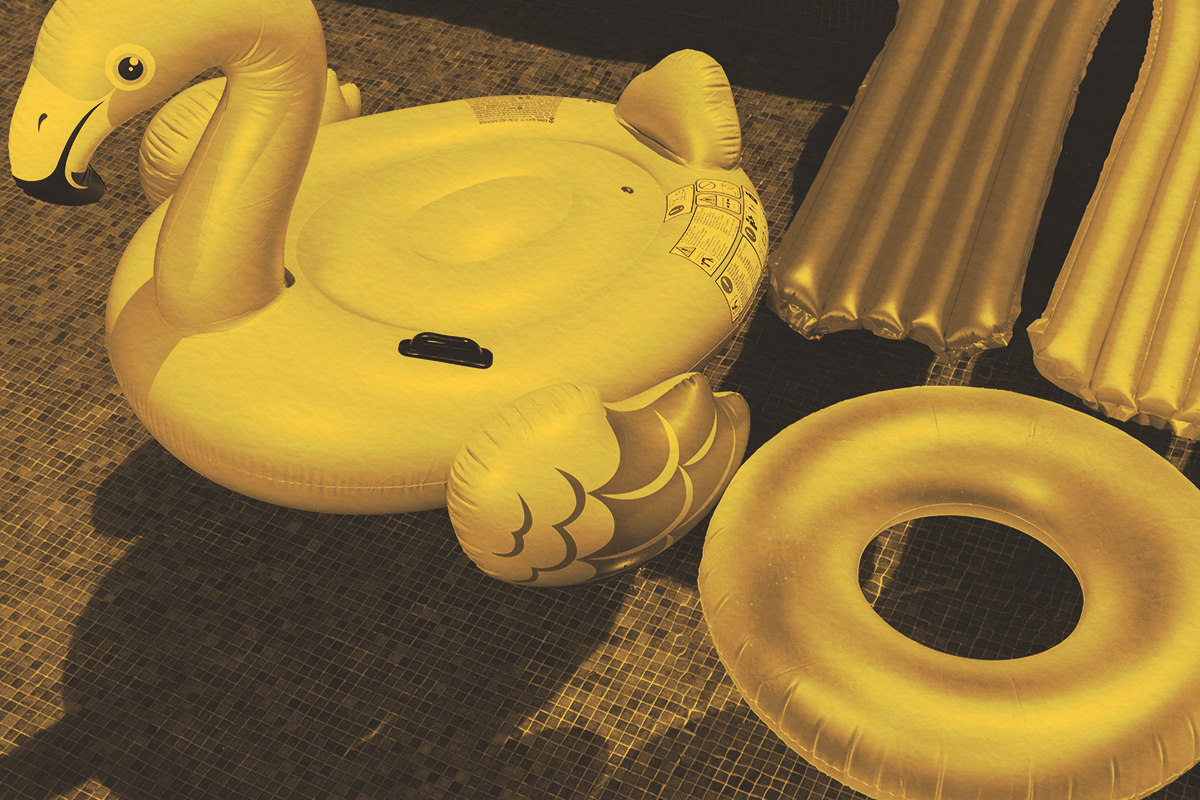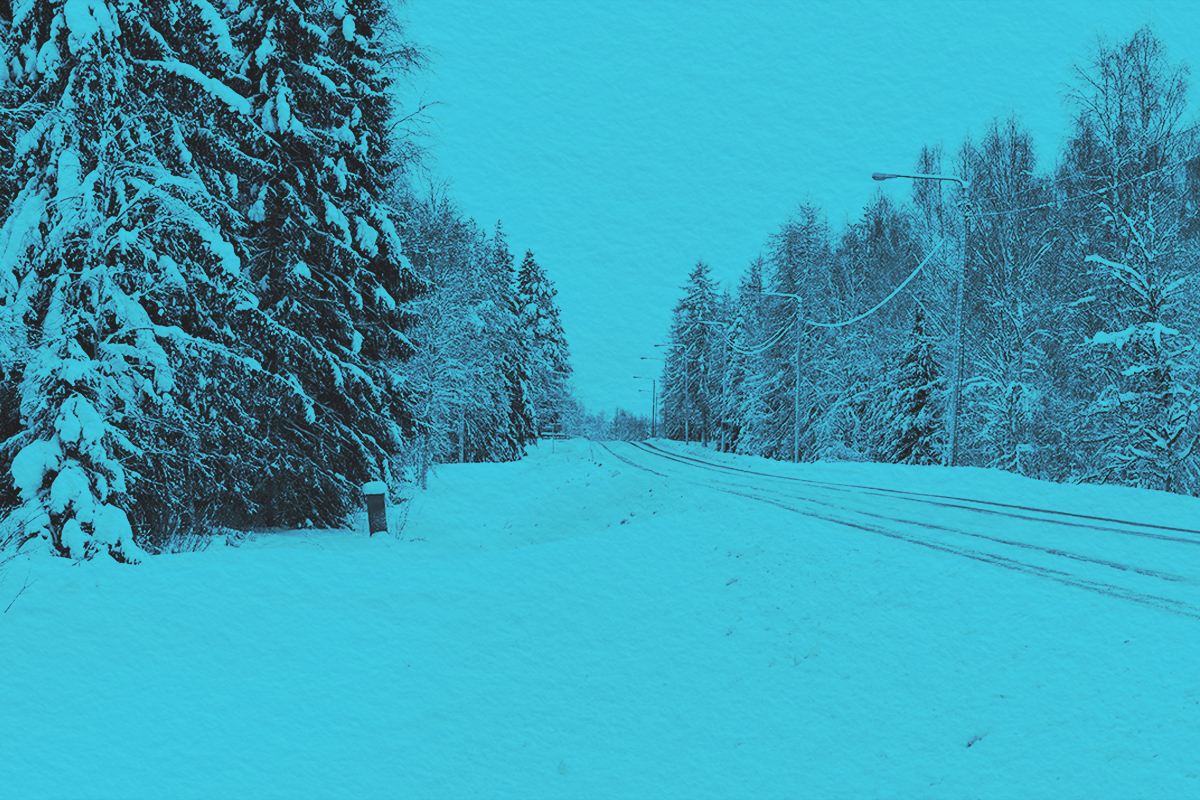
You’ve probably heard the phrase “curse like a sailor,” but what about using their idioms? Not all nautical lingo is crude. Case in point: “under the weather.” This polite expression discreetly conveys minor discomfort or a general sense of malaise, as in, “I called in sick today. I’m feeling under the weather.”
Technically, we could all be “under the weather” — whether it’s clear skies or thunderstorms overhead — but the idiom leans into a negative interpretation from the late 18th century about seasick sailors facing their ailments on stormy seas.
The idiom’s most widely accepted origin theory is explained in Salty Dog Talk: The Nautical Origins of Everyday Expressions (1983) by seaman-turned-journalist Bill Beavis and marine historian Richard McCloskey. The original phrase was “under the weather bow,” and as a maritime expression, it referred to seasickness due to bad weather. During storms, the ship’s front (the bow) should face the storm to minimize the risk of capsizing. It’s from this practice that the phrase arose, as seasick sailors would head for shelter below deck, placing them, literally, “under the weather bow.”
Eventually, the phrase shifted from literal to figurative usage. One of the earliest idiomatic uses comes from Memoirs of the Philadelphia Society for Promoting Agriculture (1808), discussing a mechanical seed-sowing method invented by Jethro Tull: “The drill husbandry is much in vogue again in England; though Tull had been long, as sailors term it — under the weather.” (Yes, the 19th-century agricultural inventor was the inspiration for the name of the rock band.) The farming diary shows that by the early 19th century, the expression had outgrown its nautical roots and blossomed into a versatile turn of phrase.Around the same time, “under the weather” evolved into a euphemism for intoxication, first appearing in the early 19th century. In his 2020 memoir, The Answer Is…, TV host Alex Trebek used the phrase to describe his father’s state after one too many drinks: “[M]y dad had managed to consume a bottle of rye and greeted me at the train station a little under the weather.” So perhaps this phrase isn’t devoid of crude behavior after all. In any case, whether you’re battling the winter sniffles or nursing a holiday hangover, the use of this expression carries on a time-honored piece of maritime history.

















